V is for Villa Soleada
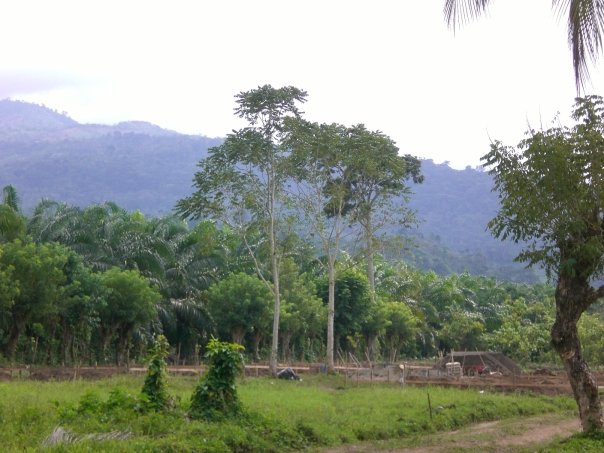 I was fortunate to spend nearly three weeks in El Progreso, Honduras with Students Helping Honduras over winter break. About two hundred volunteers from more than twenty universities, including 23 on the William and Mary team, participated in service trips, and I had the opportunity to facilitate their service experiences as a Student Leader on staff with the organization.
I was fortunate to spend nearly three weeks in El Progreso, Honduras with Students Helping Honduras over winter break. About two hundred volunteers from more than twenty universities, including 23 on the William and Mary team, participated in service trips, and I had the opportunity to facilitate their service experiences as a Student Leader on staff with the organization.
To observe the evolution of Students Helping Honduras and our worksite in El Progreso since my first trip in January 2008 has been an uplifting and encouraging experience.
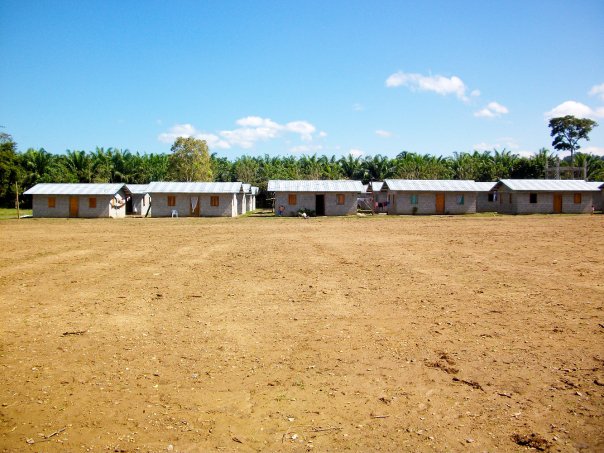
Villa Soleada, the village in which we have constructed 44 homes, a water tower, and a sanitation system, was nothing more than a field of weeds when we first began two years ago.
Last week, we dug and filled the foundation for the Education Center, which will function as a community meeting place with a library, computer lab, and classroom. This element of the project emphasizes the community’s sustainability through empowerment by offering classes on business and agriculture for adults and an after-school academic outlet for children.
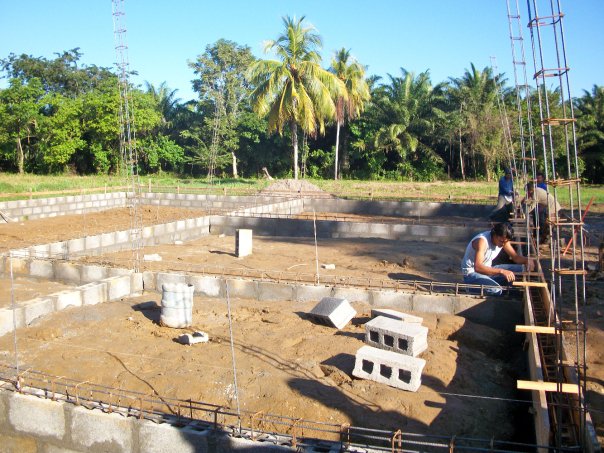
The importance of empowerment as a theme in Villa Soleada cannot be understated, but its many manifestations were revealed to me more strongly in this trip than any of my previous travels to Progreso. A mural at Villa Soleada, painted by Honduran high school students, lists these five values: love (amor), peace (paz), unity (unidad), dignity (dignidad), and community (communidad).
I was struck by the idea that to own a safe home, to drink clean water, and to become educated are all components of a model of dignity and respect for self and others. By working together with the families of Villa Soleada, Students Helping Honduras demonstrates that human worth has nothing to do with socioeconomic status- all have the right to security, health, literacy, and communal living.
It is also true that through empowerment, the families of Villa Soleada often teach and give me more than I impart upon them. One afternoon, I sat in the bodega watching the community women cook lunch and playing with children. Juli, about eight years old, noticed a nasty bruise on my left leg, which I had incurred by not-so-gracefully falling up the stairs in our 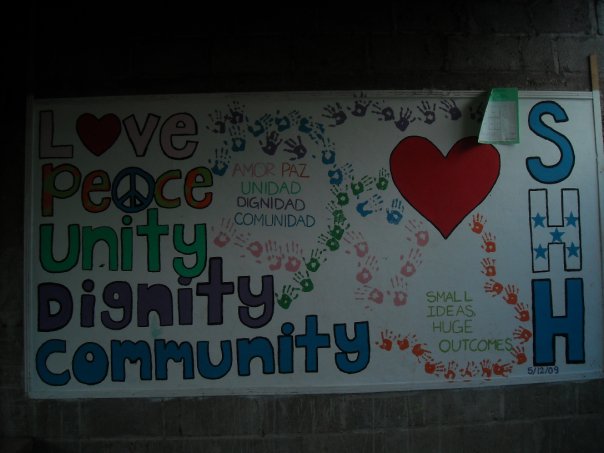 hotel. I am sure that my pale skin made the purple, black, and yellow bruise look much worse than it felt, but Juli insisted that I rest in her home.
hotel. I am sure that my pale skin made the purple, black, and yellow bruise look much worse than it felt, but Juli insisted that I rest in her home.
She took my hand and led me across the community soccer field to her house, where she showed me to her bedroom and motioned for me to lay down. A moment later, her mother, Suyapa, appeared with a bowl of warm water and a washcloth. Suyapa gently washed my wound, hurried her children out of the bedroom, and left me to sleep.
I was overwhelmed with emotion- here I lay in a house whose foundation I had dug exactly one year before. The family I had initially served sought to do the same for me by offering many of the same resources I had initially given- time, care, and love. This, I think, is what volunteers and non-profit organizations strive for: the instance in which roles blur so that the giver and the receiver are manifested in both parties. What an incredibly beautiful moment!
Go Tribe,
Bailey

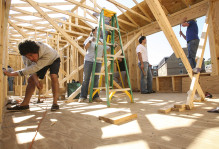

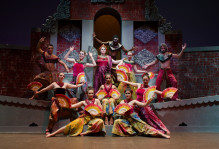
No comments.
Comments are currently closed. Comments are closed on all posts older than one year, and for those in our archive.